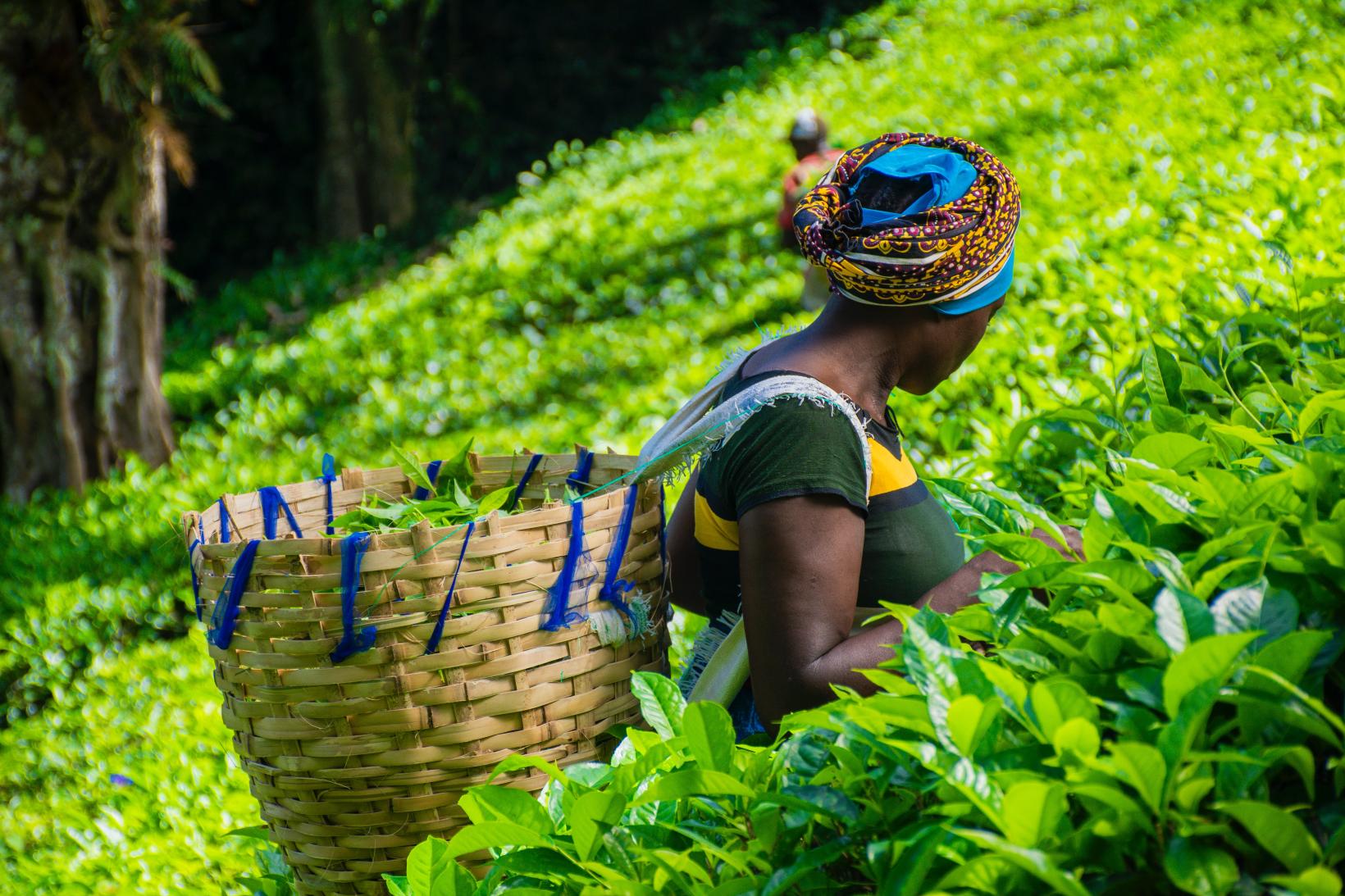Agri-SME Evidence Fund
Driving research at the intersection of agriculture, finance, and SMEs.

Our funding through the Small Projects Facility is now open.
A majority of lower-income households in developing countries live in rural areas and obtain their livelihoods from agriculture, with the activity contributing approximately 25% of GDP and 59% of total employment in low-income countries. Despite the economic importance of the sector, agriculture receives a disproportionately low level of formal credit, resulting in an estimated $65 billion financing gap for agricultural small and medium-sized enterprises (agri-SMEs) across sub-Saharan Africa.
Increasing access to finance for smallholder farmers and agri-SMEs has significant potential to improve rural livelihoods, strengthen food security, mitigate the effects of climate change, and create economic opportunities for women, youth, and other marginalized groups.
To expand the knowledge base within this sphere, the IGC and Aceli Africa have set up the Agri-SME Evidence Fund. This evidence fund is targeted to understand the mechanisms and impact of the flow of catalytic capital to agri-SMEs to improve livelihoods and environmental performance.
The evidence fund will build an evidence base to inform new thinking and practice among practitioners, researchers, policymakers, and funders around improving the functioning of financial and agricultural markets in sub-Saharan Africa. The deepened understanding of key issues is also the first step towards addressing barriers to agri-SME growth.
Research commissioning
An ideal project under the Agri-SME Evidence Fund would conduct research on the intersection of agriculture, finance, and SMEs. Proposals that touch on one or two of these topics may be funded if the research question and findings are relevant to the research agenda.
Geographically, the priority countries are Kenya, Rwanda, Tanzania, Uganda, and Zambia. Research in other low- or middle-income countries may be funded if the research question and findings are relevant to the research agenda.
We encourage research proposals from researchers based in low- and middle-income countries, PhD students, and young untenured faculty.
To ensure high-quality research projects, as well as responsiveness to research opportunities as they arise, a flexible commissioning approach will be used, with research projects being developed and commissioned through a combination of:
- Informal and formal matchmaking that pairs researchers with relevant practitioners and financial institutions to jointly develop research projects;
- An open, competitive call for proposals;
- Direct commissioning on an ongoing basis through the Small Projects Facility.
Funded projects will be partnerships between practitioners and researchers that have the potential to generate both high-quality academic publications and learnings relevant to increasing the effectiveness of practitioner-led programmes supporting agricultural SMEs.
For questions about the evidence fund, please reach out to Nathalie Raschka ([email protected]).

